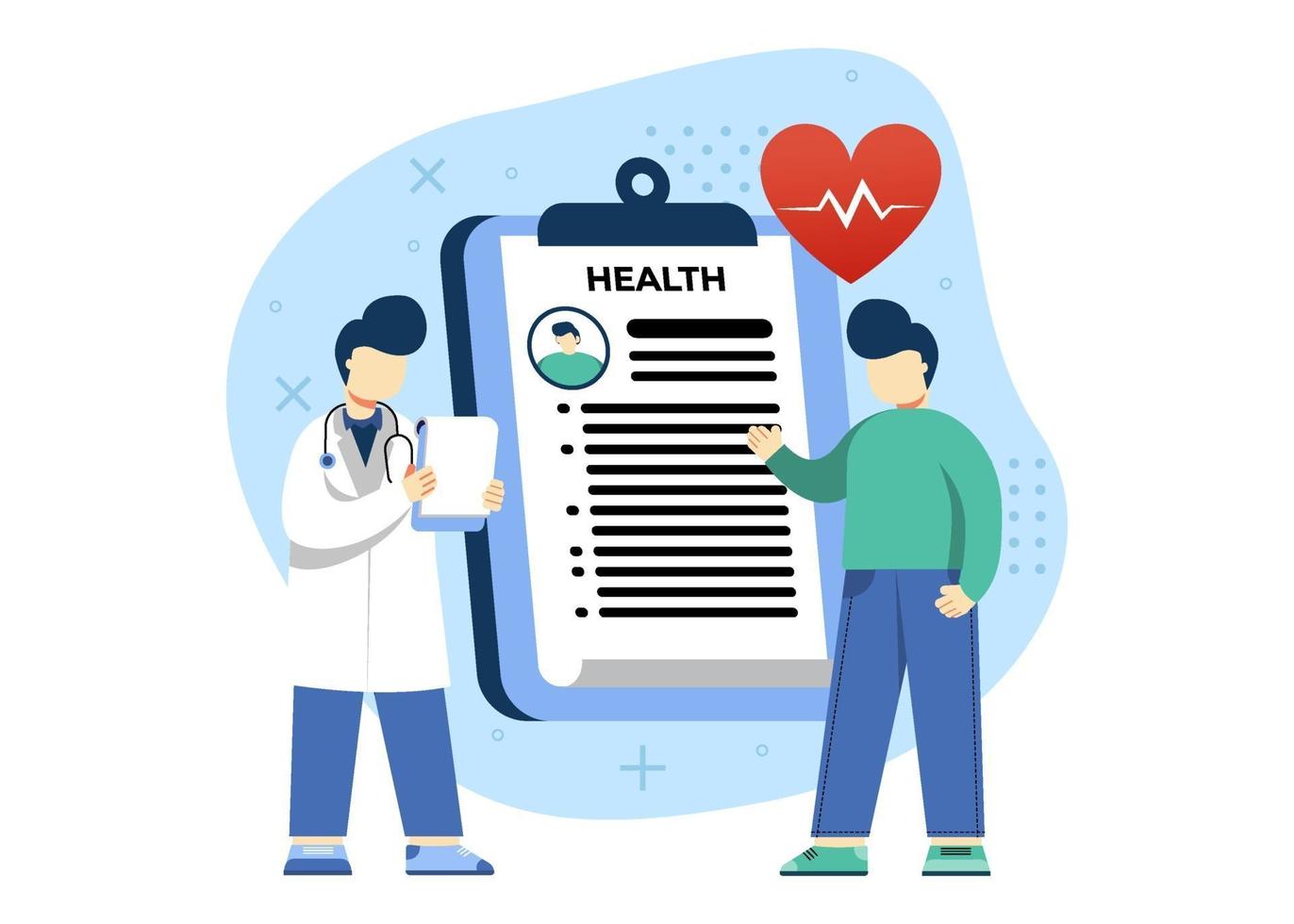ACTIVATE UHC CARD
When you first start with a health plan, it may seem like there’s a lot to figure out. What’s your coverage? What doctors can you go to? How does your pharmacy work? Let’s unpack it here. By starting with these 7 steps, you’ll be on your way. Got your member ID card? That’s all you need to get started. Let’s go activate.uhc.com.
1. Question: What is health Insurence
Answer: Health insurance is a plan, or policy, that covers a percentage of doctors’ visits and hospital bills. It helps offset the costs of both planned and unplanned medical needs. Medical care can be expensive, but health insurance may help lessen the financial burden.
And health insurance isn’t just for when you’re sick or injured. It can also help you stay healthy through preventive care and wellness programs. This may help you save money, too, by catching potential health concerns before they become larger issues.
2. Question: What sets [Product/Service] apart from competitors?
Answer: [Highlight the unique selling points, advantages, or features that distinguish your product or service from others in the market.]
3. Question: How does health insurence work
Answer: Health insurance is a contract between you and an insurance company (the insurer). When you purchase a plan, you become a member of that plan. Each month, you’ll likely pay a fee, called a premium, to use the plan.
There are many different types of health plans, but they generally work the same way. You pay for some medical costs and your insurer pays for some costs. How those costs break out depend on your specific plan benefits and coverage.
4. Question: How do i get health insurence
Answer: Finding the right health insurance plan depends on a variety of factors. These include things like your age, health and financial situation. For example, if you’re over 65 or have a qualifying disability or special situation, you may be eligible for Medicare. If you have a lower income, you may qualify for Medicaid. If you want to purchase an individual plan, an Affordable Care Act (ACA) plan could be an option. Or, you may have the option to get health insurance through your employer.
Most health insurance plans have a special period of time, usually once a year, when you can enroll. This is called open enrollment. It’s when you can start, stop or change your health plan. Timing of open enrollment varies based on the plan.
5. Question: What are the different type of health insurence
Answer: There are a variety of health insurance plans that fit different needs. Some plans are offered through the government, like Affordable Care Act (ACA) plans, Medicare plans and Medicaid plans. There are also health plans you can get through your employer. Or, you can purchase a plan on your own, like short term health insurance that offers coverage for a limited amount of time. Understanding the different health insurance options can help you find the plan that may work best for you.
You may also see terms like HMO, PPO, EPO and POS — these refer to the four basic kinds of provider networks that certain health plans may offer. A network may include doctors, hospitals and other providers that agree to provide services to plan members at a negotiated rate. This may help lower your out-of-pocket costs.
6. Question: How much does health insurence cost
Answer: It depends. A variety of factors impact how much you pay. These can include your age, your location and lifestyle habits. It also depends on the type of plan you choose. With some plans, you may pay less up front, but more when you receive care. For other plans, the opposite can be true.
7. Question: What does health insurence cover
Answer: Coverage is unique to each health plan. Many plans may cover things like preventive care, prescription drugs, hospital stays, mental health services and more. A plan may cover the full cost of certain services, or you may have to share costs (by paying a copay or coinsurance, for example) until you meet a deductible or out-of-pocket limit.
Make sure to review benefits and coverage before choosing a plan. You can find this information in the plan’s Summary of Benefits and Coverage. This is a document that all health plan companies are required to provide. It outlines what’s covered, partially covered or not covered under a health plan.



